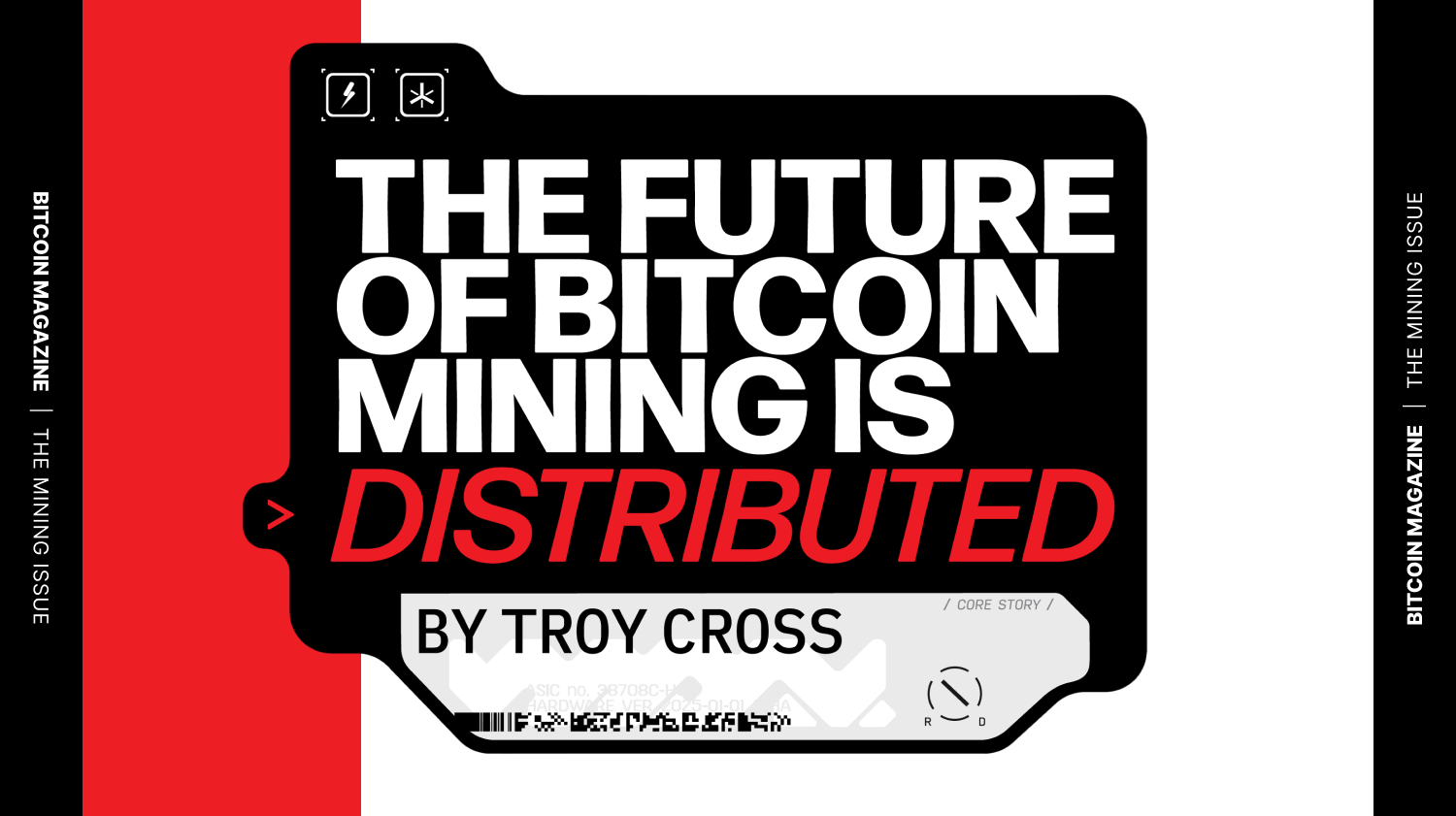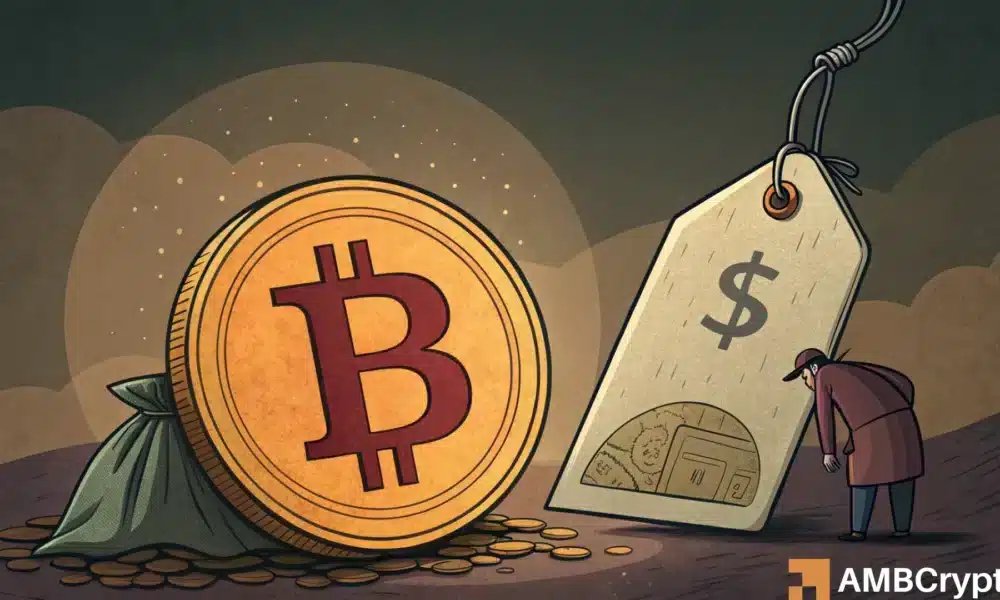The Decentralized Future of Bitcoin Mining: A Global Perspective
As the world’s first decentralized digital currency, Bitcoin’s success hinges on its ability to maintain a secure and neutral network. One of the most critical aspects of this network is Bitcoin mining, the process by which new transactions are verified and added to the blockchain. With increasing concerns over nation-state control and potential attacks on the Bitcoin network, the future of Bitcoin mining lies in its global distribution.
Why Distributed Mining Matters
Bitcoin mining is a competitive process that requires significant computational power. As a result, it has historically been dominated by large mining operations in countries with cheap electricity, such as the United States and China. However, this centralization poses a risk to the neutrality and security of the Bitcoin network.
Nation-states with control over a significant portion of the Bitcoin mining hash rate could potentially manipulate the network for their own gain, or even launch a 51% attack, where they control over half of the network’s computing power. Such an attack could allow them to double-spend Bitcoin or prevent transactions from being confirmed.
The Global Mining Landscape
The good news is that the mining landscape is rapidly changing, with countries and regions around the world investing in Bitcoin mining infrastructure. This global distribution of mining power will help protect the Bitcoin network from potential attacks and ensure its continued neutrality.
- Kazakhstan: Kazakhstan is quickly becoming a major player in the Bitcoin mining scene, with the government actively encouraging mining operations due to its abundant energy resources.
- Russia: Russia is also investing in Bitcoin mining, with plans to build large mining farms powered by renewable energy sources.
- Iran: Iran has been mining Bitcoin for years, despite sanctions, and is now looking to legalize and regulate the industry.
- Sweden: Sweden’s cold climate makes it an ideal location for Bitcoin mining, with several large mining operations already in place.
This global distribution of mining power will help ensure that no single nation-state can control a majority of the Bitcoin network’s hash rate, making it more secure and resilient.
The Impact on Individual Bitcoin Users
The decentralization of Bitcoin mining will have a positive impact on individual Bitcoin users. By reducing the influence of large mining operations, the network will be more resilient to manipulation and attacks. This will help maintain confidence in the Bitcoin network and ensure its continued growth.
The Impact on the World
The decentralization of Bitcoin mining will also have far-reaching implications for the world at large. It will help promote financial inclusion, as individuals in developing countries will have the opportunity to participate in the Bitcoin network and benefit from its potential economic opportunities.
Furthermore, the global distribution of mining power will help reduce the environmental impact of Bitcoin mining. As mining operations become more decentralized and move to renewable energy sources, the carbon footprint of Bitcoin will decrease, making it a more sustainable and eco-friendly investment.
Conclusion
The future of Bitcoin mining is distributed, and this global perspective is crucial for ensuring the continued neutrality and security of the Bitcoin network. By reducing the influence of large mining operations and promoting a more decentralized mining landscape, we can protect the Bitcoin network from potential attacks and ensure its continued growth and adoption. As individual Bitcoin users and members of the global community, we have a role to play in promoting this decentralization and embracing the future of Bitcoin mining.
Together, we can help build a more secure, resilient, and sustainable Bitcoin network, one that benefits everyone, regardless of their location or resources.





